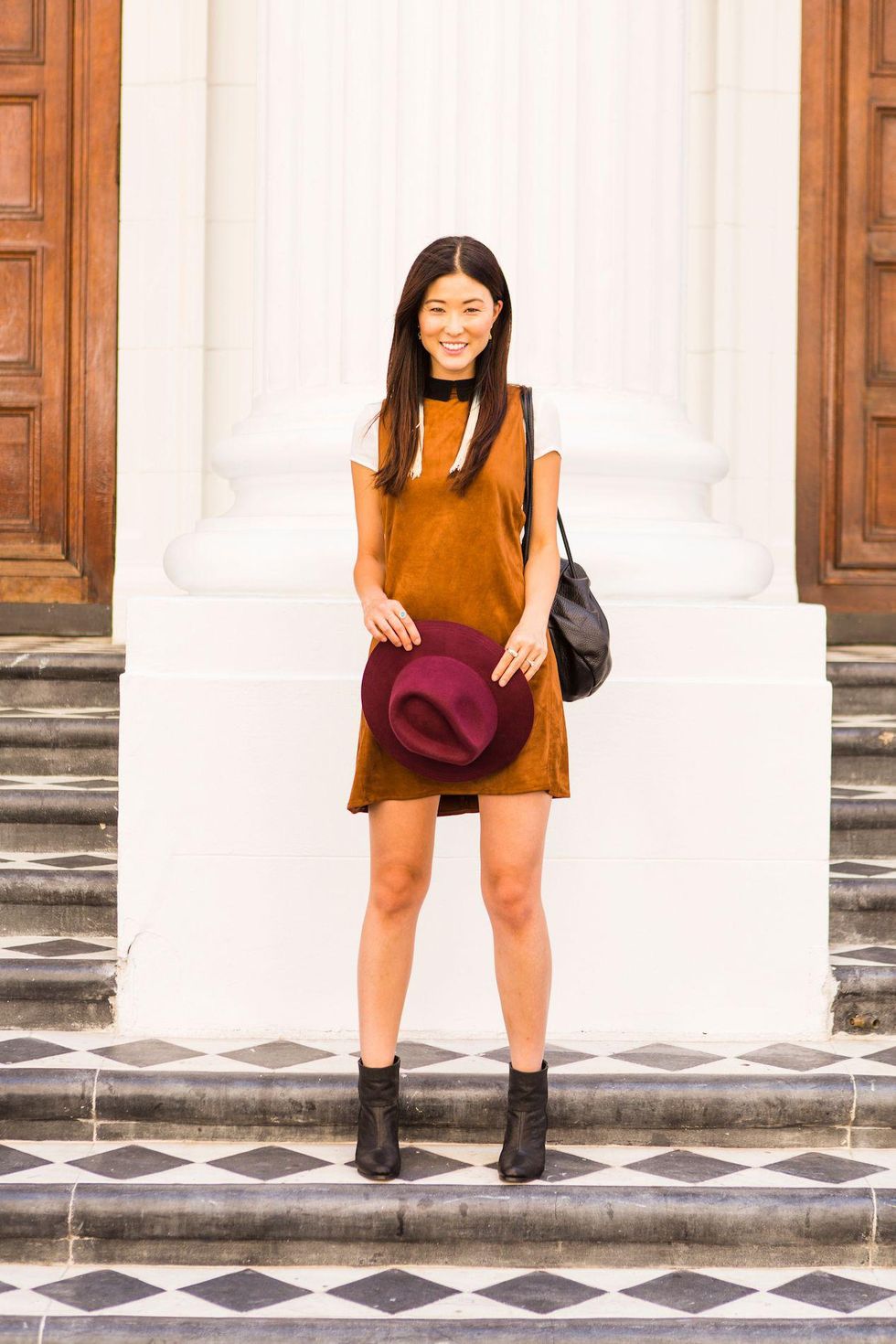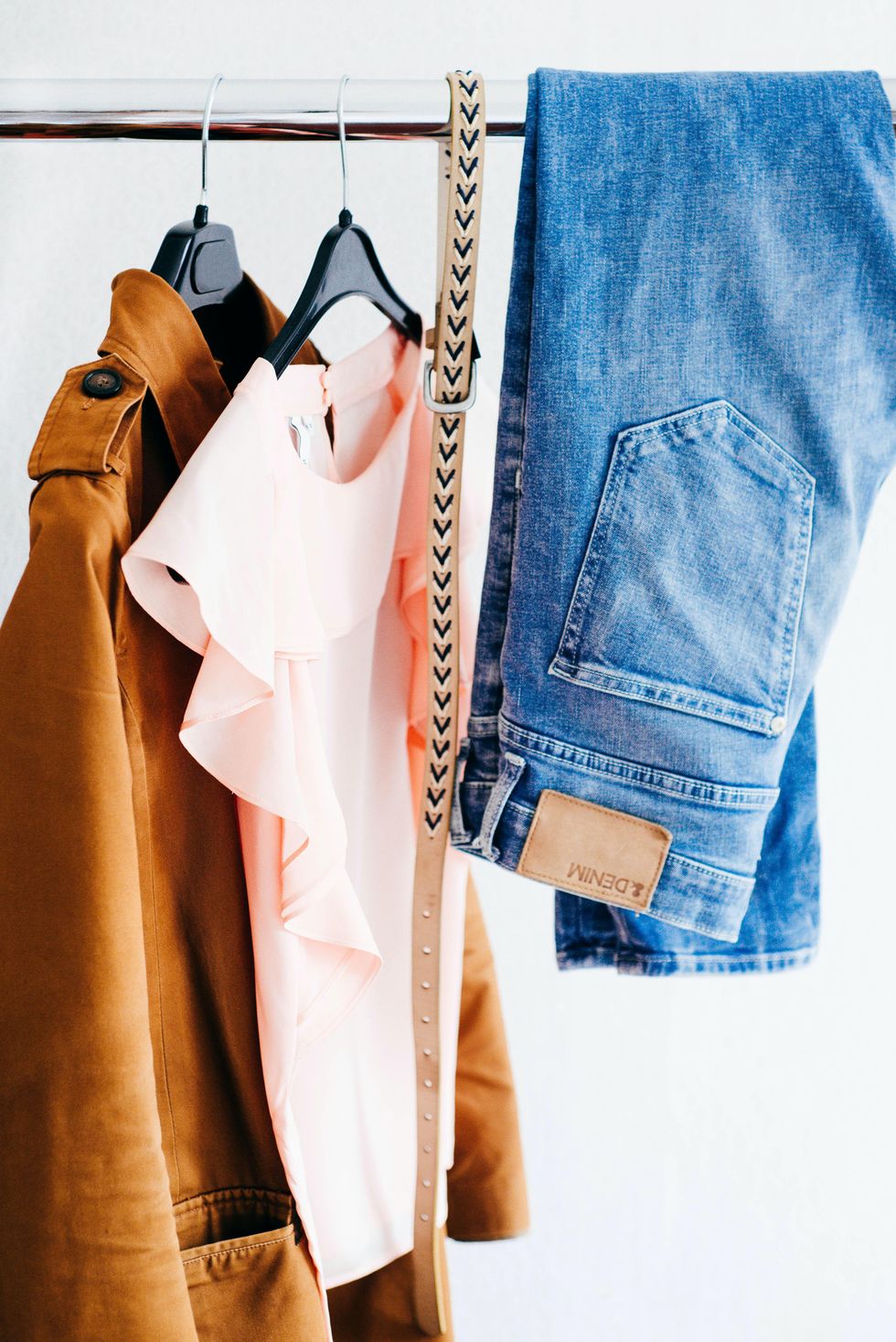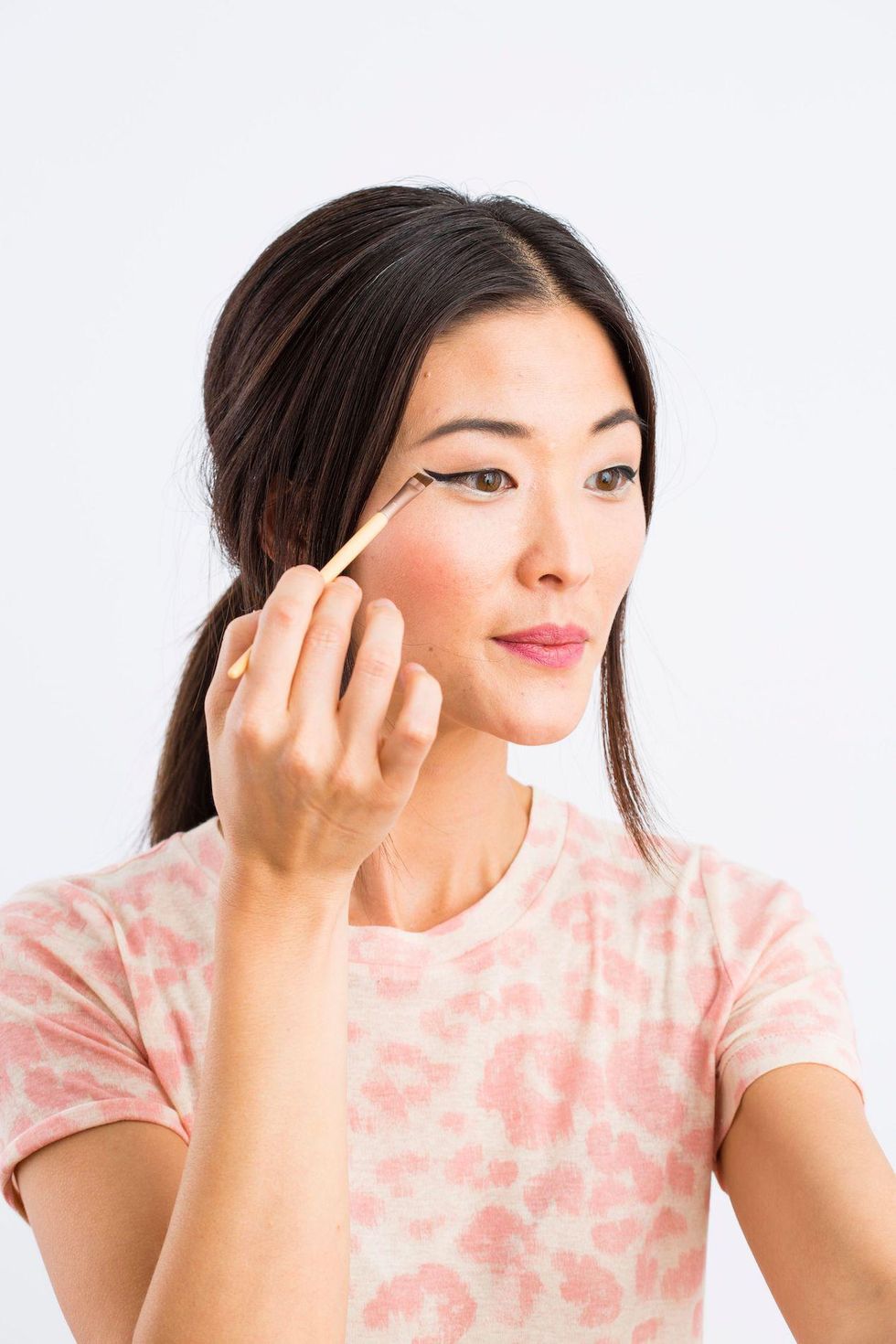
Deciding to become a more conscious consumer is one of the best New Year’s resolutions you can make this year. Being thoughtful about your purchasing power is an especially wise move because every action we take, no matter how big or small, impacts people and the planet. Have you been rethinking your relationship with material things, but not sure how to initiate the breakup? We’ve listed six ideas to help pave your path to helping mitigate climate change, empower communities around the world, and truly give back to society.

Buy Only What You Need
It sometimes feels as though there’s no bigger dopamine hit than a shopping spree. That instant gratification you receive when you buy something new and shiny is oh so rewarding. However, it can be counterintuitive if you want to downsize your carbon footprint and reduce the amount of greenhouse gas, specifically carbon dioxide, generated from your activities. The next time your favorite denim brand emails you about their big sale, ask yourself. “Do I really need another pair of jeans?”. Your answer may surprise you and your wallet.
If It’s Broke, Fix It
Vacuums conk out, buttons fall off clothing, and shoes scuff. Stuff happens. Instead of immediately replacing your less than perfect items, try upcycling them. Today, it’s so easy to get caught up in always wanting the latest, greatest 2.0 version of something. Fight that urge and do the world’s landfills a favor by breathing a second (or third) life into the earthly possessions you already own. You may also surprise yourself and discover that you’re handier than you think!
 Photo by Alexandra Gorn on Unsplash
Photo by Alexandra Gorn on Unsplash
Research Where Things Come From
So often as consumers, our material wants and desires are driven by appearance, price, and accessibility, which can cloud our judgment about making ethical decisions. As a truly conscious consumer, consider the social, environmental, and health impacts of purchasing something before you drop some cash on it.
- Visit the websites of brands you find yourself gravitating toward, and read the “About Us” section to learn about the brand’s mission and how their products are made, who makes them and where they come from.
- Question claims made by companies that aren’t transparent with their explanations. For instance, if they say they use “sustainable practices,” but don’t offer examples of how they do that, reach out to their team and ask for more information. Being a conscious consumer is about being brave and standing up for what you believe in.
- Super low prices can be a red flag of unethical business practices. Unleashing your inner Sherlock Holmes is essential to using your purchasing power for good, but be prepared to ditch your shopping cart if your findings don’t align with your values.
Educate Yourself On Ingredients
You don’t need to earn a degree in chemistry, but knowing what chemicals and compounds to proactively avoid when shopping for many consumer goods will only help you and your loved ones in the long run. Phthalates, parabens, oxybenzone, DEA, formaldehyde, fragrance, toluene, triclosan, SLS, PEGs and BHAs are some ingredients in makeup and skincare that give many people and organizations cause for concern. Glyphosate in pesticides and perfluorinated compounds in plastic packaging are also ingredients that make many people wary. The Think Dirty app and The Environmental Working Group website are wonderful tools to help you better understand and decode all these hard to pronounce words and more.
Consumer industries for everything from beauty products to cleaning supplies and home goods have been incorporating terms like “green,” “clean,” and “non-toxic” jargon into their marketing pitches for a while now. While this can be incredibly helpful, a truly conscious consumer goes the extra mile to ensure they’re not being duped by the power of greenwashing, a deceptive marketing practice of making an organization’s items appear to be people and planet friendly.

Seek Out Certifications And Labels
For any consumer goods’ company to prosper in today’s economy, being associated with ethical and sustainable certifications and labels are table stakes at this point. While the list of labels is constantly growing, here are some of the top ones to keep an eye out for:
- B Corp: This certification ensures that a business is committed to using their profits to create good in the world. These companies are held at high standards and continually assessed to make sure they’re valuing their employees and the planet as much as the profits.
- Fair Trade: Fair Trade certified brands and businesses that follow the 10 Principles of Fair Trade created by the World Fair Trade Organization also put people and the planet first. They help create solutions to issues including the overuse of natural resources, women’s empowerment, refugee livelihoods, human rights, inequality, and sustainable farming. Fair trade also champions the dignity of workers, farmers, artisans, and communities around the world.
- USDA Organic Certified: When you buy food with this label, you can rest assured it has been made without pesticides and toxic fertilizers.
- Leaping Bunny Certified: Products that carry the Leaping Bunny seal of approval have demonstrated to regulators that they don’t engage in animal testing, nor to they purchase ingredients from other companies that do.
Share Your Knowledge
Kudos to you for taking the extra time and energy to be a global ally. Your awareness of how your consumption impacts society is a choice you made. Be your own hype woman
around friends and family, especially with ones who might not be as “in the know,” and share some ideas and examples of ways they, too, can adopt a more conscious consumer mindset. Remember, the goal is not to seek perfection with every purchase and action you make, but to strive to make better choices when you can so they add up to a lot in the long run.
Robin Doyle is the founder of the fair trade and ethically sourced beauty marketplace Beautyologie.com. She’s worked in beauty editorial and PR for 25 years and loves hanging with her two teenagers and traveling the world. Say hi at @Beautyologie on Insta!
0 Commentaires